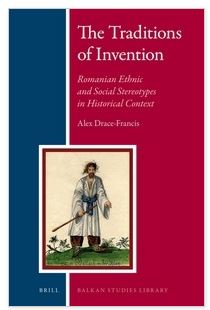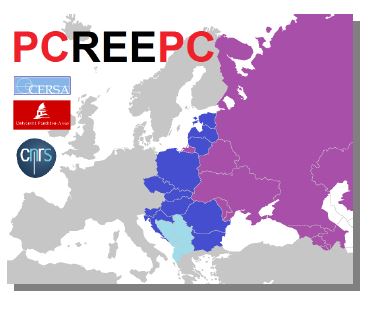 New Perspectives in the Transnational History of Communism in East-Central Europe
New Perspectives in the Transnational History of Communism in East-Central Europe
Abstracts should be sent before March 30, 2014
The organizers of the International Conference New Perspectives in the Transnational History of Communism in East-Central Europe to take place in Poznań, Poland on October 16-17, 2014 invite submission of abstracts.
The fall of communism in East Central Europe threw into question many politically imposed schemes of history in this part of continent. The unfettering of historical research from political and ideological limitations made it both possible and pressing to begin to rewrite the history of the East-Central European countries. This task includes not only the analysis of newly available sources, but also new interpretations and explanations of the post-war history of East-Central Europe. The latter goal demands new interpretative and theoretical notions that frame historical narratives. It is worth considering, alongside the familiar normative categories that have underpinned national identities in East-Central European societies (such as ‘the nation’ and ‘the state’), other paradigms that shape historical narratives and offer potentially useful explanatory tools, such as that of modernization and backwardness, postcolonial studies, gender, civic society, and totalitarianism.
The conference will consist of five different panels dealing with the following topics:
– new perspectives on the historiography of post-1945 East-Central European history. How could one write a global history of the Soviet Bloc?
– cooperation and competition among East-European state security services;
– between shortage economy and consumer society: East-Central Europe and the globalizing world;
– ethnic conflicts in South-East Europe at the end of the Cold War: 19th century paradigms in a post-modern context;
– postwar generations and the emerging global movements and ideas, the impact of New Left theories, social Catholicism, life-style movements and anti-technological or ecological ideologies.
The goal of the conference is to analyze:
– the status of concepts of ‘the state’ and ‘the nation’ in east-central European historiography, their explanatory strength and social functions;
– the role of alternative theoretical categories in new empirical research, modes of explanation and organization in historical narratives;
– perspectives on comparative studies (East-Central European societies, East-Central and Western Europe, and other regions of the world e. g. Latin America in comparison to East Central Europe).
Abstracts should be sent before March 30, 2014 to: brzech@amu.edu.pl.
Scientific Committee:
Péter Apor (Hungarian Academy of Sciences),
Uwe Backes (Hannah-Arendt-Institut für Totalitarismusforschung an der TU Dresden),
Stefano Bottoni (Hungarian Academy of Sciences),
Krzysztof Brzechczyn (Adam Mickiewicz University/Institute of National Remembrance),
Sándor Horváth (Hungarian Academy of Sciences),
Chris Lorenz (Free University of Amsterdam),
Tomasz Pawelec (University of Silesia),
Michal Pullmann (Charles University in Prague)
Organizers:
– Institute of National Remembrance, Poznań Branch
– Department of Philosophy, Adam Mickiewicz University
– Polish Philosophical Society, Poznań Branch
– Hungarian Academy of Sciences, Research Center for the Humanities, Institute of History













